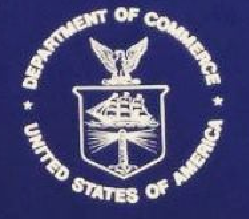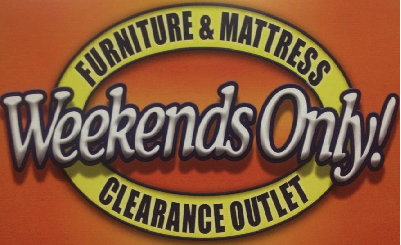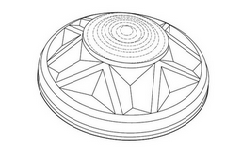Indianapolis, Indiana – Plaintiff and Indiana copyright attorney Richard Bell of McCordsville, Indiana was ordered by Judge Tanya Walton Pratt of the Southern District of Indiana to pay almost $34,000 in attorney’s fees and costs to Defendant Charles Lantz, whom Bell had sued on unsupported allegations of copyright infringement.
Indiana copyright attorney Richard Bell, who is also a professional photographer, has sued hundreds for copyright infringement. The lawsuits began in 2011. At issue in Bell’s spate of litigation were allegations of unauthorized use of his copyrighted photograph of the Indianapolis skyline, which had been registered at the U.S. Copyright Office. The ongoing saga of this multiplicity of copyright lawsuits took an interesting, if unsurprising, turn last week.
According to an article in The Indiana Lawyer, Bell has said that most Defendants whom he has sued have settled early. Acknowledging the expense of litigation – and the relative ease of escaping litigation by simply paying a settlement without any finding of liability – Bell said, “A responsible lawyer and their clients, they obviously know it’s going to be far more expensive to try it.”
A current copyright-infringement lawsuit, filed January 8, 2013 by Bell, named forty-seven Defendants. Forty-six of those Defendants were dismissed from the lawsuit, including some who settled and some against whom a default judgment was issued. Default judgments of $2,500 were awarded in this litigation.
One Defendant, Charles Lantz, refused to pay for copyright infringement that he had not committed and hired Indiana intellectual property attorney Paul Overhauser (publisher of this blog) to defend him. In December 2014, Lantz’s perseverance paid off and the court granted an unopposed motion for voluntary dismissal of the litigation against Lantz. Last week, Lantz’s perseverance paid off again when Overhauser, on behalf of Lantz, sought and was awarded $33,974.65 in attorney’s fees and costs from Plaintiff Bell.
The court explained that, because Bell’s copyright litigation against Lantz had been dismissed with prejudice, Lantz became the “prevailing party” under the Copyright Act. Under 17 U.S.C. § 505, in any civil copyright action, the district court may award litigation costs, including attorney’s fees, to the prevailing party.
In evaluating whether to exercise its discretion to award such costs to Lantz, the court stated, “Defendants who defeat a copyright infringement action are entitled to a strong presumption in favor of a grant of fees.” The court looked to the Fogerty factors, which are so named after Fogerty v. Fantasy, Inc., 510 U.S. 517 (1994), a U.S. Supreme Court case involving the shifting of costs in copyright litigation. These factors are nonexclusive and include: “(1) the frivolousness of the action; (2) the losing party’s motivation for filing or contesting the action; (3) the objective unreasonableness of the action; and (4) the need to advance considerations of compensation and deterrence.”
The court found that each of these factors weighed against Bell. It stated that Bell had possessed no evidence against Lantz that would prove either a conversion or a copyright claim. It also characterized Bell’s motivation for filing the lawsuit as “questionable,” noting that Bell had attempted to save himself “extensive filing fees” by improperly joining defendants and had “sued forty-seven defendants and then quickly offered settlements to defendants who were unwilling to pay for a legal defense.”
Regarding the third and fourth factors, the court held that the litigation was objectively unreasonable, given that Lantz had been sued “without any evidence to support the claims.” The court then turned to the last of the Fogerty factors, the need to advance considerations of compensation and deterrence. It noted that Bell had leveraged his status as a practicing attorney “to file meritless suits and to attempt to outmaneuver the legal system” (which was perhaps a hat tip to the now-famous opinion written by Judge Otis D. Wright III, who employed similar language against another copyright plaintiff widely regarded as a copyright troll).
Finally, the court was not swayed by Bell’s assertions that Lantz had failed to inform Bell that the wrong defendant had been sued and that Lantz had incurred unnecessary attorney’s fees. In response to these claims, the court noted that Lantz had “denied liability at his first opportunity.” The court also opined that, while defense counsel is not required to take the most economical defense strategy in defending a copyright lawsuit, it appeared that the “most economical approach feasible” may have been taken.
With all Fogerty factors weighing against Bell and no viable opposition permitting either an escape from fees and costs or a lessening of the amount, the court awarded to Defendant Lantz $33,974.65, the full amount requested.
Practice Tip: The Indiana Lawyer wrote an interesting piece regarding Judge Pratt’s order. That article may be viewed here.
Continue reading










